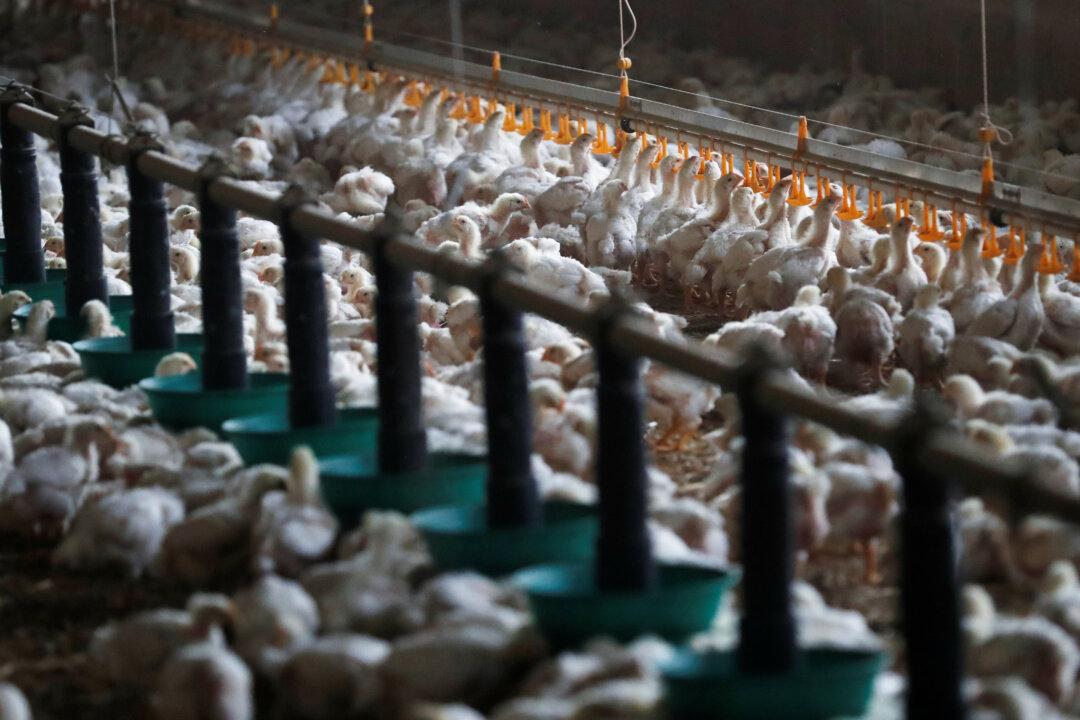PARIS—Europe has experienced its worst bird flu crisis ever this year with nearly 50 million poultry culled, and the persistence of the virus over the summer has raised the risk of widespread infections next season, the EU’s Food Safety Agency (EFSA) said.
The spread of highly pathogenic avian influenza (HPAI), commonly called bird flu, is a concern for governments and the poultry industry due to the devastation it can cause to flocks, the possibility of trade restrictions and a risk of human transmission.





